Dealing with Collection Agencies: A Comprehensive Guide
Dealing with collection agencies can be a stressful and overwhelming experience. Whether you’re facing debt collection for the first time or are a seasoned pro, understanding your rights and knowing how to handle these situations effectively is crucial. This comprehensive guide will provide you with practical advice on how to navigate the complexities of dealing with collection agencies, protect your rights, and work towards resolving your debt issues.
Understanding Collection Agencies
What Are Collection Agencies?
Collection agencies are third-party companies hired by creditors to recover unpaid debts. When an individual or business fails to pay a debt as agreed, creditors may choose to sell the debt to a collection agency or transfer it for collection efforts. Collection agencies then pursue the debtor to recover the owed amount.
Types of Collection Agencies
- In-House Collectors: These are collection departments within the original creditor’s organization. They handle overdue accounts directly for the creditor.
- Third-Party Agencies: Independent companies hired by creditors to collect debts on their behalf. They work on a commission basis and may use various methods to recover the debt.
- Debt Buyers: Companies that purchase unpaid debts at a discounted rate and then attempt to collect the full amount from the debtor. They assume ownership of the debt and can take legal action to recover it.
Your Rights Under the Fair Debt Collection Practices Act (FDCPA)
Overview of the FDCPA
The Fair Debt Collection Practices Act (FDCPA) is a federal law that regulates how debt collectors interact with consumers. It is designed to protect consumers from abusive and unfair debt collection practices. Understanding your rights under the FDCPA is essential when dealing with collection agencies.
Key Protections Under the FDCPA
- Harassment and Abuse: Collection agencies cannot use harassment, threats, or abusive language when contacting you. This includes threatening violence, using obscene language, or repeatedly calling you at inconvenient times.
- False Statements: Debt collectors are prohibited from making false statements about the debt, such as exaggerating the amount owed or misrepresenting themselves as government officials.
- Unfair Practices: Debt collectors cannot engage in unfair practices, such as adding unauthorized fees or charging interest rates beyond what is legally permissible.
- Validation of Debt: You have the right to request validation of the debt within 30 days of the initial contact. The collector must provide documentation proving that you owe the debt and that they have the right to collect it.
- Ceasing Communication: You have the right to request that a collector stop contacting you. Once you make this request in writing, the collector must cease communication except to inform you of legal actions they may take.
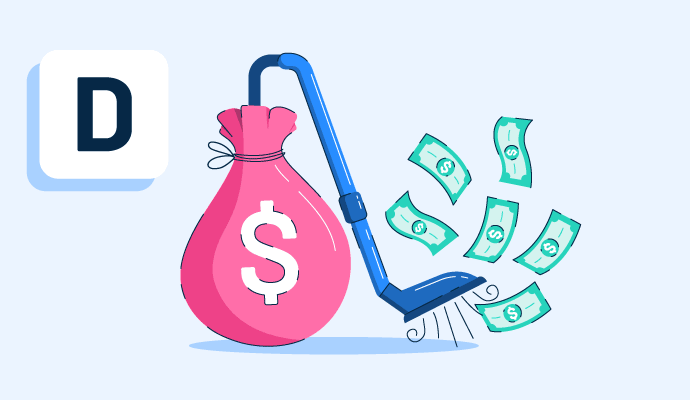
Steps to Take When Contacted by a Collection Agency
1. Verify the Debt
Before making any payments or negotiating with a collection agency, verify that the debt is valid. Request a written validation notice that includes:
- The amount of the debt.
- The name of the creditor to whom the debt is owed.
- A statement that you have the right to dispute the debt.
2. Review Your Credit Report
Obtain a copy of your credit report to check if the debt appears there. This will help you confirm the accuracy of the debt and understand its impact on your credit score.
3. Keep Records of Communication
Maintain detailed records of all communication with the collection agency. This includes phone calls, letters, and any other correspondence. Document dates, times, and the content of conversations. This can be valuable if you need to dispute any issues or take legal action.
4. Understand Your Financial Situation
Assess your financial situation to determine what you can realistically afford to pay. Create a budget that outlines your income, expenses, and available funds for debt repayment. This will help you negotiate effectively with the collection agency.
5. Respond Promptly
Respond to collection notices and communications promptly. Ignoring the issue will not make it go away and may lead to further legal action or damage to your credit.
Retirement Planning: A Comprehensive Guide to Securing Your Golden Years
Negotiating with Collection Agencies
1. Know What to Negotiate
When negotiating with a collection agency, consider the following options:
- Settlement Amount: Offer a lump sum payment that is less than the full amount owed. Collection agencies may be willing to accept a reduced amount if it means they can collect something rather than nothing.
- Payment Plan: Propose a manageable payment plan if you cannot afford a lump sum. Ensure the terms are realistic and that you can stick to the agreed-upon schedule.
- Debt Verification: Negotiate to have the debt verified or validated if there are any discrepancies or if you believe it may not be accurate.
2. Get Agreements in Writing
Always obtain written confirmation of any agreements made with the collection agency. This includes settlement amounts, payment plans, and any other terms. Written documentation protects you in case there are disputes or misunderstandings later on.
3. Avoid Emotional Responses
Keep negotiations professional and avoid emotional responses. Collection agencies are trained to handle negotiations, so staying calm and focused will help you achieve better results.
Handling Legal Action
1. Understand the Process
If a collection agency decides to pursue legal action, they will file a lawsuit against you. You will receive a summons and complaint outlining the legal action being taken. It is crucial to respond to these documents within the specified timeframe to avoid a default judgment.
2. Seek Legal Advice
If you receive legal papers from a collection agency, consider seeking legal advice. An attorney can help you understand your rights, evaluate your options, and represent you in court if necessary.
3. Attend Court Hearings
If the case goes to court, attend all hearings and present your evidence. Failure to attend could result in a default judgment against you, which may lead to wage garnishment or other collection actions.
Protecting Your Credit Score
1. Dispute Inaccuracies
If you find inaccuracies on your credit report related to a debt in collections, file a dispute with the credit reporting agencies. Provide documentation supporting your claim and request a correction.
2. Negotiate Removal
In some cases, you can negotiate with the collection agency to have the negative entry removed from your credit report in exchange for payment. This is known as a “pay-for-delete” agreement. Ensure you get any such agreement in writing.
3. Monitor Your Credit Regularly
Regularly monitor your credit report to stay informed of any changes or new entries. This will help you address issues promptly and maintain a good credit score.
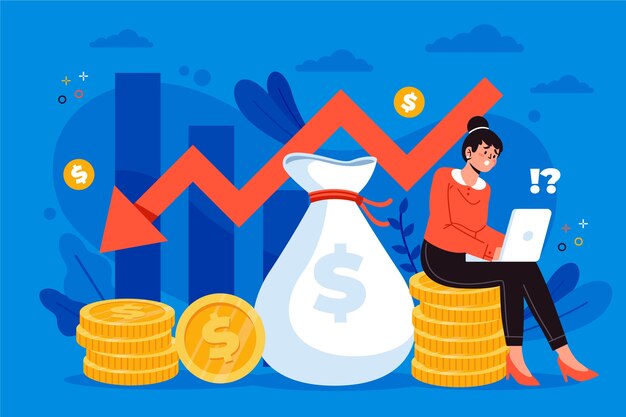
Strategies for Avoiding Collection Agencies
1. Budget and Plan
Create and stick to a budget to manage your finances effectively. Prioritize paying off debts and avoid accumulating new ones. Regularly review your budget to ensure it aligns with your financial goals.
2. Communicate with Creditors
If you are struggling to make payments, communicate with your creditors as soon as possible. Many creditors are willing to work with you to establish payment plans or modify terms if you reach out proactively.
3. Seek Financial Counseling
Consider seeking advice from a financial counsellor or debt management professional. They can help you develop a plan to manage your debts, negotiate with creditors, and improve your financial situation.
4. Use Debt Management Programs
Explore debt management programs offered by non-profit credit counselling agencies. These programs can help you consolidate your debts, negotiate lower interest rates, and create a structured repayment plan.
Understanding Different Retirement Accounts: A Comprehensive Guide
Common Pitfalls to Avoid
1. Ignoring the Problem
Ignoring communication from collection agencies will not make the debt disappear and may lead to further complications. Address the issue promptly to avoid escalation.
2. Making Unverifiable Payments
Avoid making payments to a collection agency without verifying the debt and ensuring they have the right to collect it. This protects you from paying a debt that may not be valid.
3. Accepting Unfavorable Terms
Be cautious of accepting terms that are unfavourable or that you cannot meet. Ensure any agreements are realistic and that you can adhere to them to avoid further issues.
4. Falling for Scams
Be wary of scams and fraudulent collection agencies. Verify the legitimacy of any collector contacting you and report any suspicious activity to the authorities.

Dealing with collection agencies requires a strategic approach and an understanding of your rights. By verifying debts, maintaining records, negotiating effectively, and protecting your credit, you can manage the process more effectively and work towards resolving your debt issues. Remember to seek professional advice if needed and take proactive steps to avoid future collections. By staying informed and taking control of your financial situation, you can navigate the challenges of dealing with collection agencies and work towards a more secure financial future.
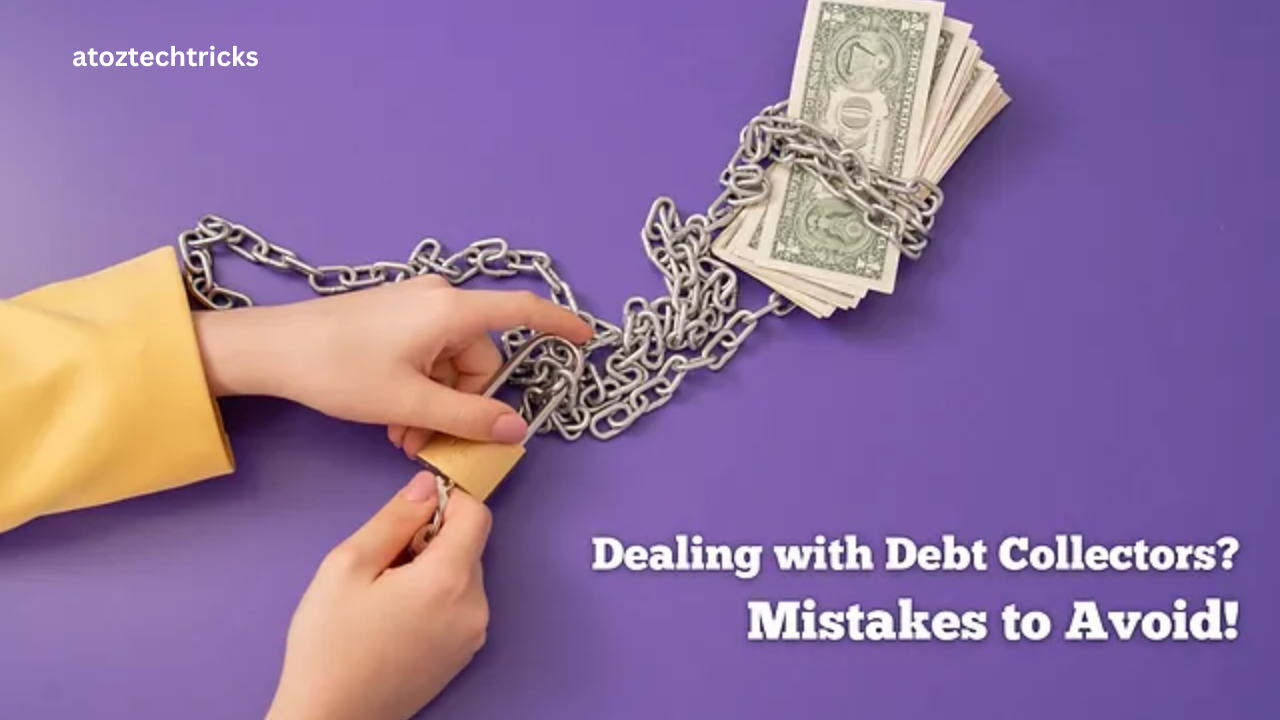
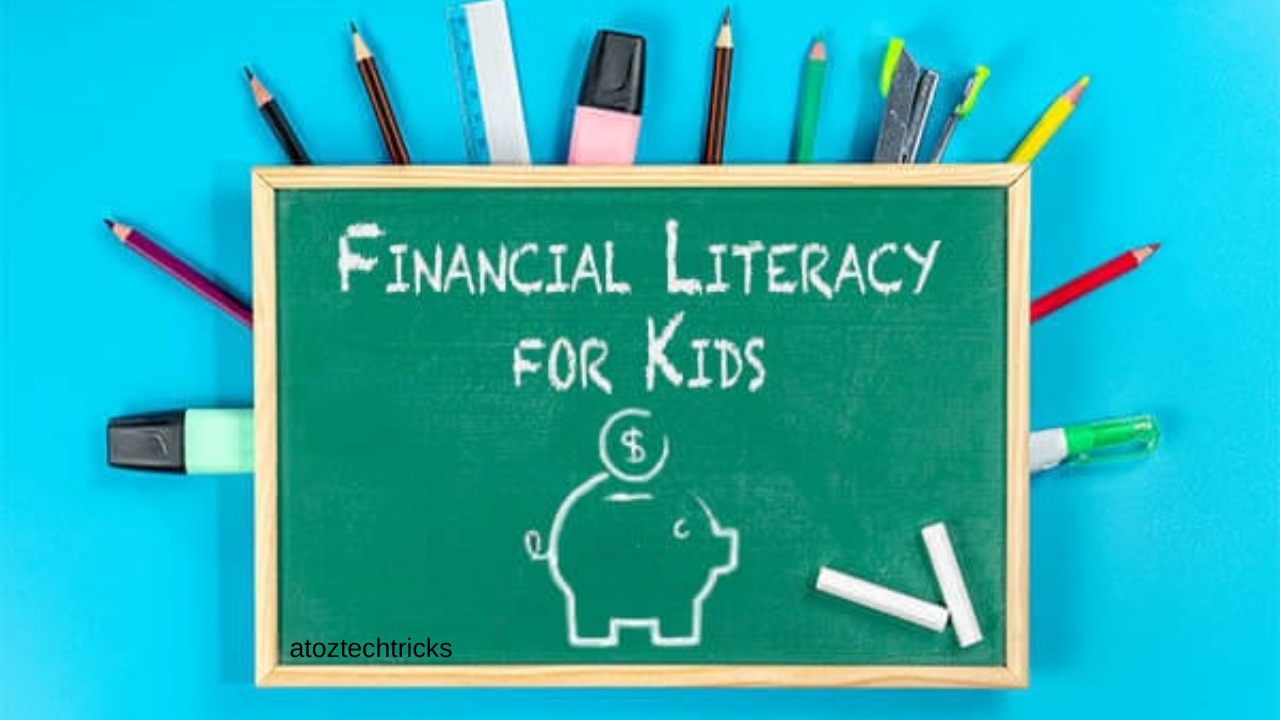
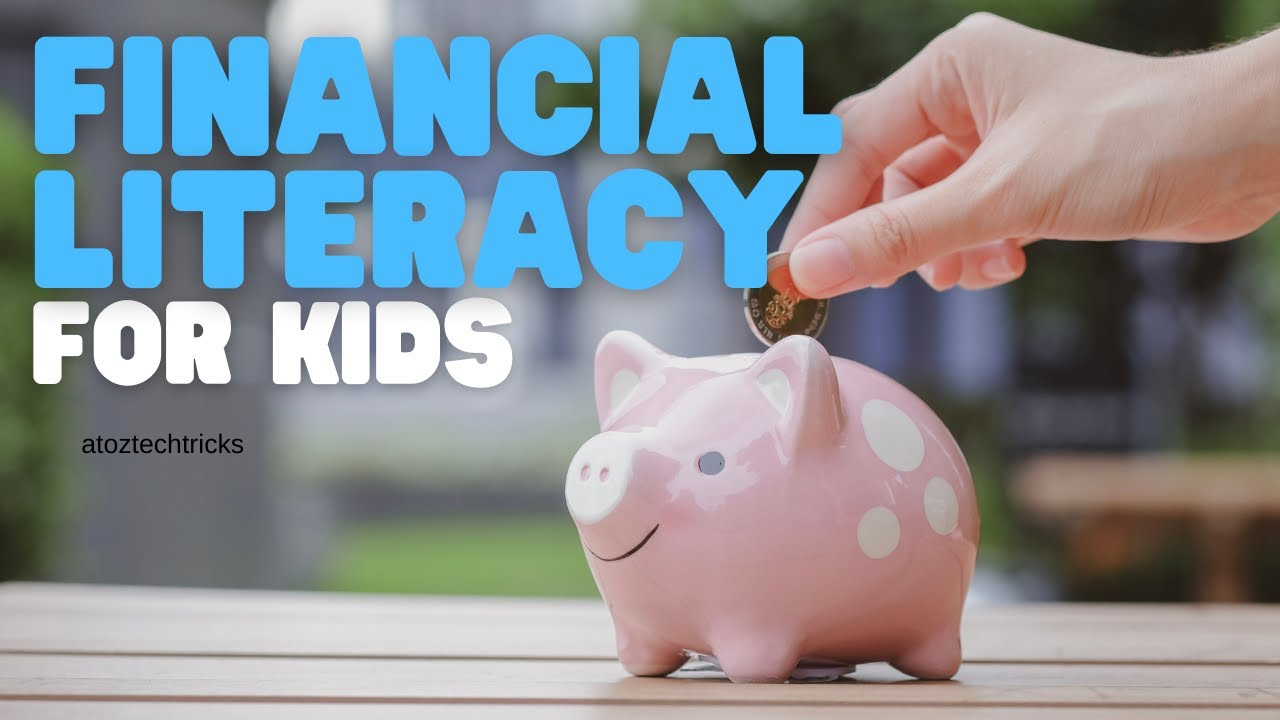
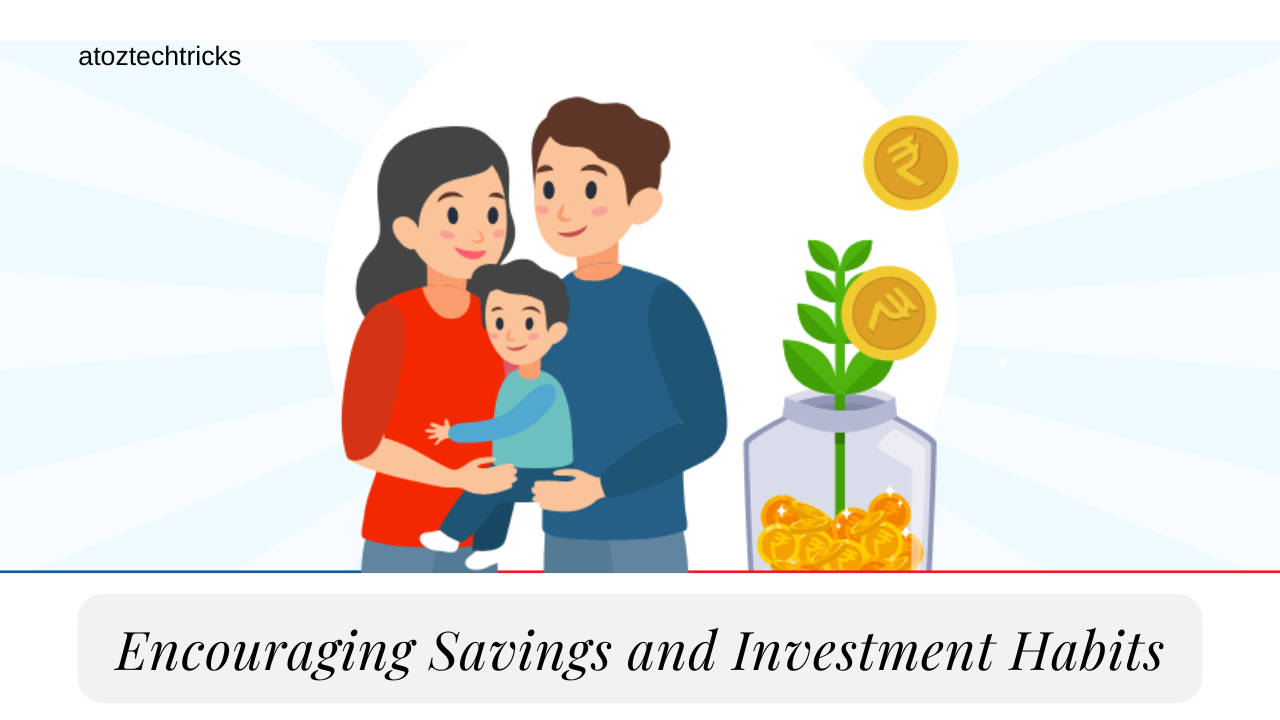
Post Comment